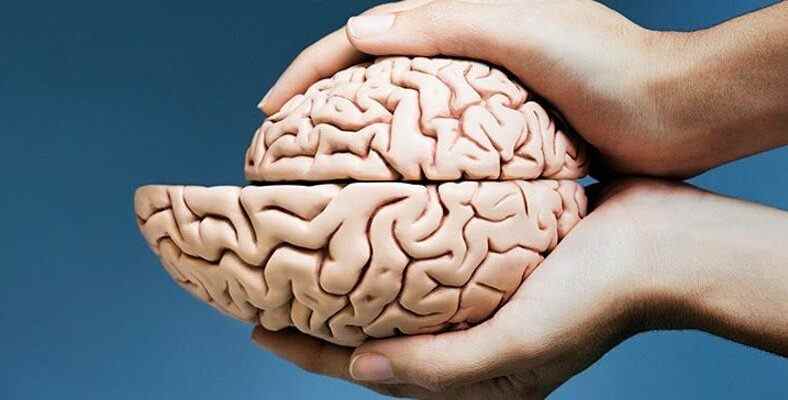Scientists dismissed a study last year that said the human brain shrank thousands of years ago. The team, which published a new research on the subject, stated that they re-examined the data and did not think that there was a shrinkage in the human brain.
Previous research has shown that the human brain was built thousands of years ago. getting smaller was showing. A study published last year concluded that the brains of people who started building modern cities 3,000 years ago shrank. It was stated that this may have occurred because our ancestors’ ability to store information externally in social societies reduced the need for large brains.
The authors of a new study published last week in Frontiers in Ecology and Evolution rejected this hypothesis and shared their thoughts on this increasingly popular situation in the scientific world.
Researchers think the human brain hasn’t changed much in the last 30,000 years.
Scientists from the University of Las Vegas, Nevada (UNVL) in the USA, used the research done last year. by analyzing data rejected the findings. The team used these expressions by stating that many innovations and historical events such as the development of Chinese writing and the emergence of the new kingdom of Egypt took place in the specified period.
One of the researchers, Brian Villamore, said:We reexamined the dataset of last year’s research and found that the human brain We found that it hasn’t changed in the last 30,000 years. “Based on these data, we cannot detect a reduction in modern human brain size at any time since the beginning of our species.” Villamore also in the last 300,000 years He also noted that they think they may not have experienced any change.
The UNVL team found that more than half of the 987 skulls examined represent only the last 100 years of a 9.8 million-year time span; Therefore, regarding the size change not providing enough information says. In addition, the team says that the rise of agriculture and complex societies occurred at different times around the world, and that variation in the timing of skull changes is required. The researchers add that last year’s data only sampled 23 skulls from the time period critical to the hypothesis.
RELATED NEWS
Insufficient Sleep Turns Out to Have Negative Effects on Children’s Brains: Departments Responsible for Memory and Intelligence Affected
There has been a lot of research on the shrinkage of the human brain since the emergence of our species. However, experts argue that these hypotheses would fail if there really was no change in size. reevaluation thinks it should.
